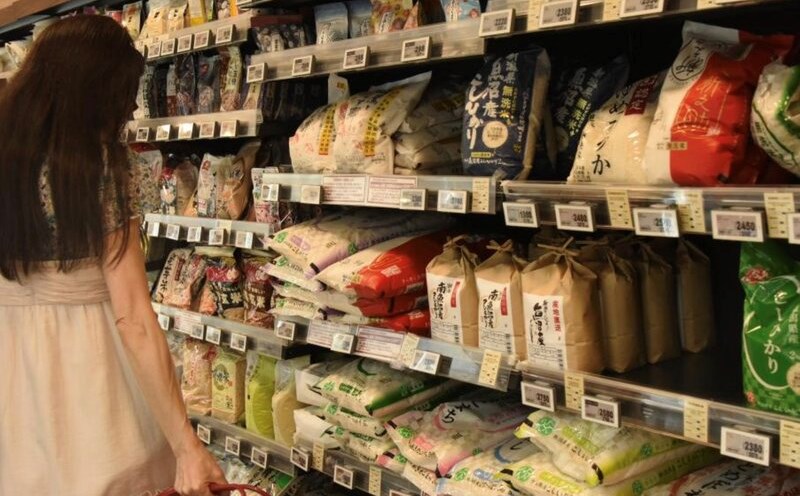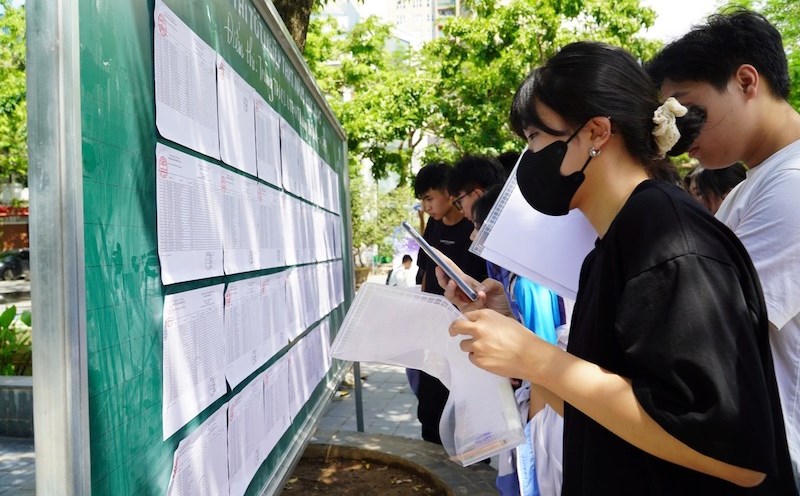Amid escalating prices and rising concerns about immigration in Japan, the ruling coalition between the Liberal Democratic Party (LDP) and the Komeito Party is at risk of not winning enough 50 seats needed to maintain control of the 248-seat Senate.
Public opinion polls show that small opposition parties are tending to gain greater support, including the Sanseito party. The party calls for tax cuts, increased public spending, opposed foreign capital flows, and proposed to reverse gender equality policies. In addition, they also proposed strictly controlling the issue of immigration.
If the ruling coalition fails in the vote, it could worry the financial market and disrupt important trade talks with the US. Japan is now facing a deadline of August 1 to reach a trade deal with the US, otherwise it will have to pay heavy import taxes on its key export products.
This pressure is all the greater as inflation is eroding people's incomes, with rice prices doubling compared to last year. However, the LDP still calls for tight fiscal and has rejected the opposition's proposal to cut taxes and increase welfare spending.
Some experts say that Prime Minister Ishiba could face two difficult options if the alliance loses: resign to make way for a new leader, or seek support from opposition parties through policy commitments. Whichever option he chooses, he will face great pressure because potential partners all have an advantage in negotiations.
The situation became even more uncertain as Ishiba's coalition lost its majority in the House of Representatives in last October's election, which risked being overturned by no-confidence votes and could lead to a new general election.











